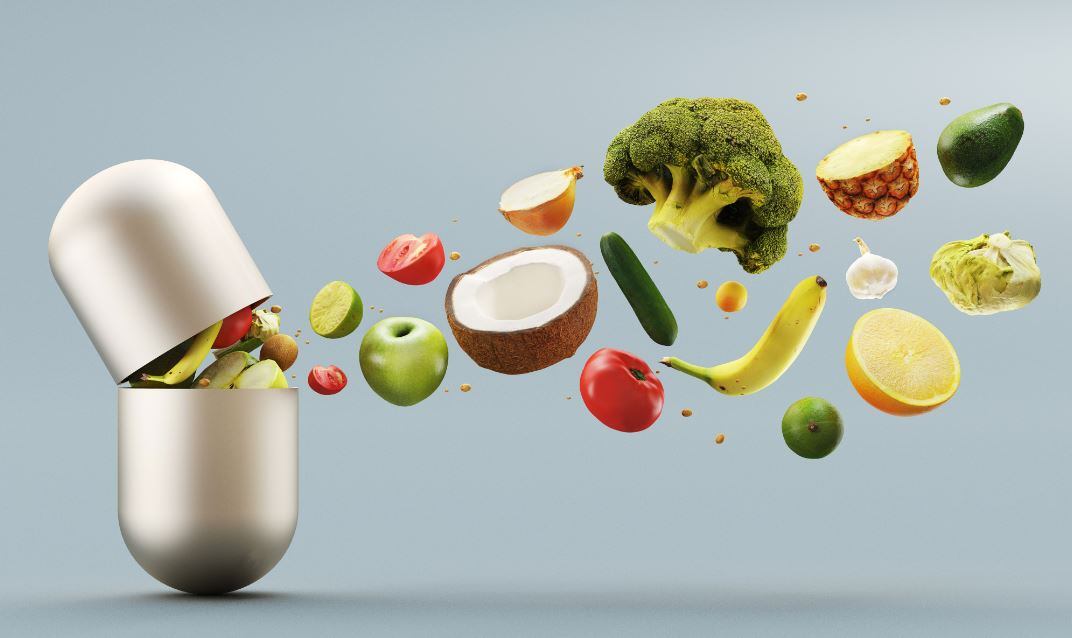Catering for different life stages: What’s next for China’s A2 milk industry in 2020?
China’s A2 milk sector is likely to see the rise of more products catered to different life stages and specific consumers groups, beyond just infant nutrition, as more domestic companies join in the competition.
China remains a highly lucrative market for A2 milk pioneer, New Zealand-based The a2 milk Company, with the firm’s China’s business bringing in revenues of $405.7m, up 73.6%, according to its FY2019 financial statement.
In particular, the number of sales points has increased, with the number of mother-and-baby stores up 64% to 16,400 by the end of last June.
Tmall forecasts sports nutrition and health-nourishing tonics to take the centre stage in 2020
Tmall has identified six food and beverage consumption trends that will take the centre stage this year, including the rising demand for sports nutrition products and health-nourishing tonics.
Instant meals, single-person consumption, place of origin, and cross-category products (i.e. products made from collaboration with non-food and beverage brands) were the other four key trends.
The e-commerce giant made the forecast based on the consumption statistics from last year, where the middle-aged, elderly, females, and consumers born post-1995 were core spenders.
Tracking TCM: China aims to achieve full traceability for products within five years
China is aiming to achieve full product traceability for key traditional Chinese medicine (TCM) botanical species within five years.
The National Administration of TCM released a document detailing the suggested action plans and the ministries involved to regulate and improve the sector.
The action plans were drafted at the state council level.
Hot findings: Higher chilli intake linked to lower chronic kidney disease in Chinese adults
Researchers from China, Qatar, and USA have reported that a high chilli intake is associated with a lower risk of chronic kidney disease (CKD) among the adult population in China.
The prevalence of CKD was 13.1% in non-chilli consumers and 7.4% among those with chilli intake above 50 g/day.
Current studies on animal models have shown the active component of chilli, capsaicin, has beneficial effects on kidney function and preventing kidney damage, however, this assertion has not been investigated in humans and no population studies have assessed the association between chili consumption and CKD.
More FSMPs to come: Nestlé Health Science China opens new product innovation centre
Nestlé Health Science China has officially inaugurated its product innovation centre in Taizhou, Jiangsu province, to beef up the firm’s portfolio of Foods for Special Medical Purposes (FSMPs) in China.
It will operate in parallel with Nestlé Health Science product innovation centres in the US and Switzerland, sharing the core R&D technologies.
It will focus on developing products that cater to local Chinese taste and unique dietary habits.





